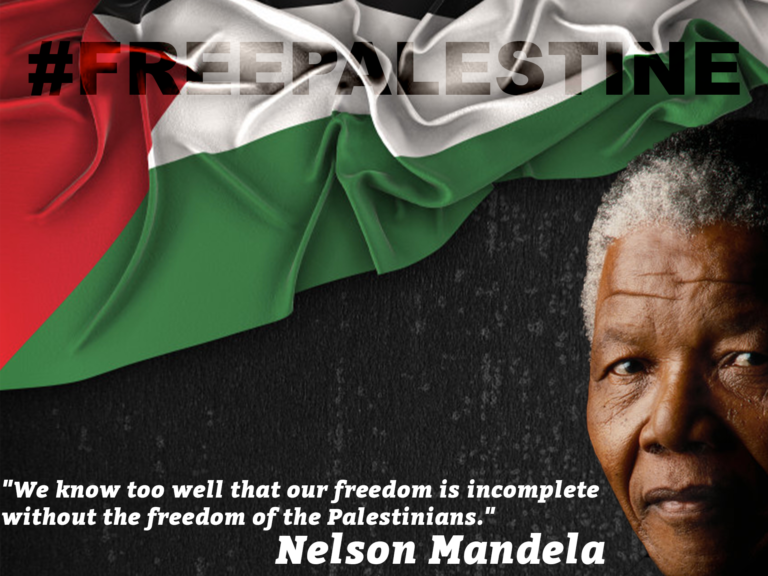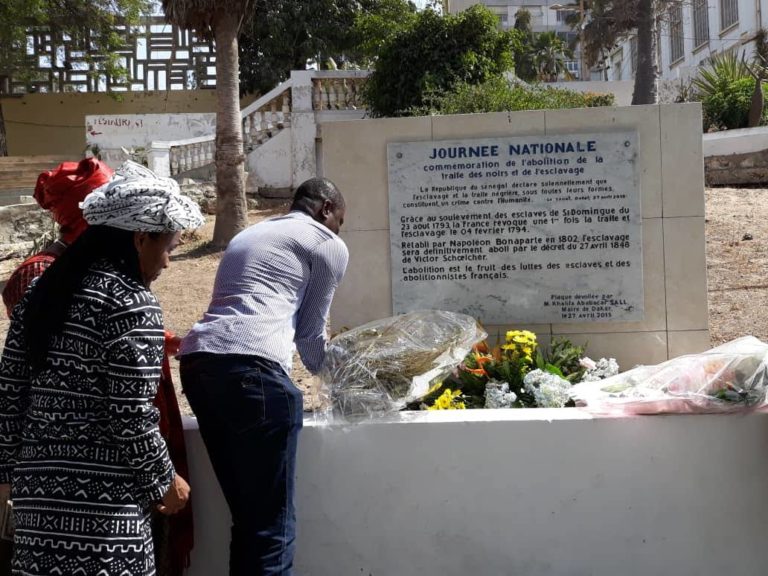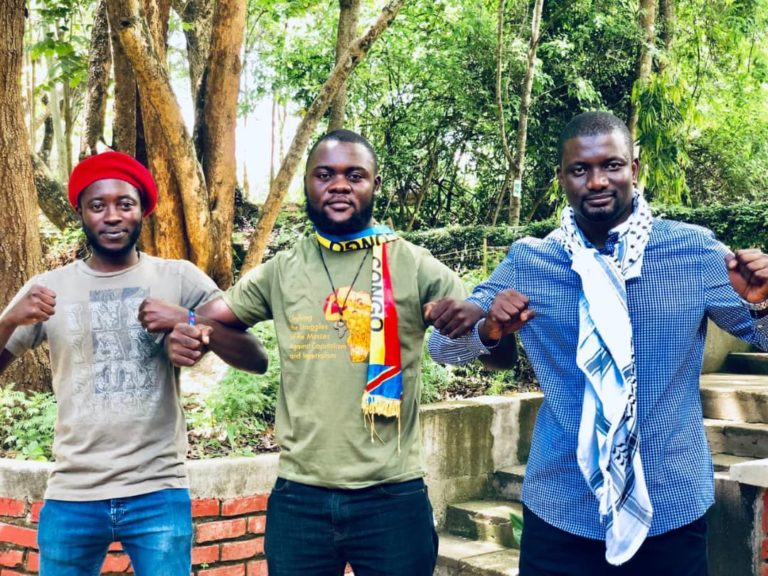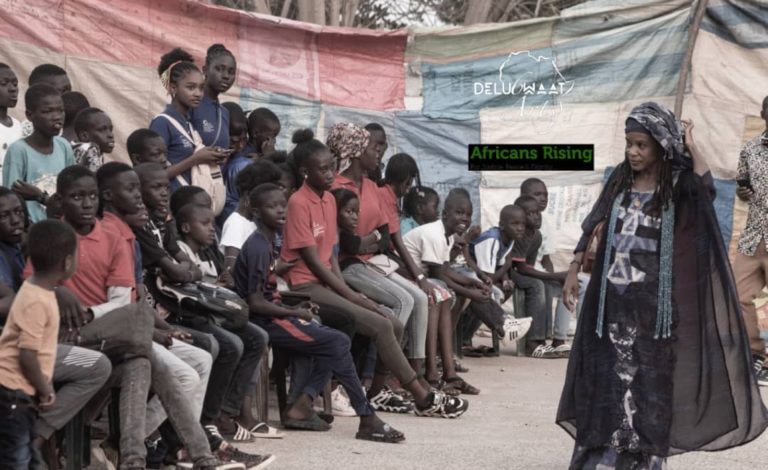Webinar Report: Connecting Reparations Struggles, Voices from São Paulo, Brazil
On May 29, 2025, Africans Rising hosted a webinar titled “Connecting Reparations Struggles! Voices from São Paulo, Brazil,” bringing together participants from Africa and the diaspora to explore the shared histories and present-day struggles of Afro-descendant communities in Brazil. The webinar is part of the “Diaspora Series,” a storytelling initiative that centers the lived experiences of Africans in the diaspora shaped by forced migration, cultural loss, and resilience. It offers a platform for them to share their pain, pride, and aspirations, contributing to Africans Rising’s goal of telling Africa’s story through African voices globally.
Speakers during the virtual event including, Maria José Menezes, Co-founder of the Black Women’s March of São Paulo and the Black Coalition for Rights, and an associate member of Geledés; Black Women’s Institute; Regina Lúcia dos Santos, Leader of The Unified Black Movement and a member of the March of Black Women in São Paulo and Carolina Almeida, International Advisor at Geledés; Black Women’s Institute, shared their perspectives on the historical roots of injustices against Afro-Brazilians, their current realities, their struggles and demands for reparations and the importance of collective action. They also emphasized the need to center Black girls and women in public policies, combine academic knowledge with activism, and push for economic empowerment.
Building Transitional Solidarity
The session reaffirmed the need to strengthen transnational organizing by connecting Afro-Brazilian movements with African and Diaspora reparations efforts. Africans Rising’s campaigns and the Diaspora Series offer vital platforms for uniting voices under the rallying cry: Reparations Now!
Key Takeaways
- Brazil’s Black population, forming one-third of the total Africans in the Diaspora populace, remains marginalized despite its historical and cultural significance.
- The brutal legacy of slavery and colonialism continues to manifest in structural racism, inequality, poverty, and criminalization.
- Afro-Brazilian movements are leading powerful efforts in community organizing, advocacy, cultural work, and political engagement.
- Reparations demand not only financial compensation but systemic change, truth-telling, cultural restoration, and policy accountability.
The webinar concluded with a shared commitment that the fight for reparations is not just about addressing the past; it is about transforming the present and securing a dignified, just, and equitable future for all African-descendant peoples. The work ahead is collective, urgent, and global.







